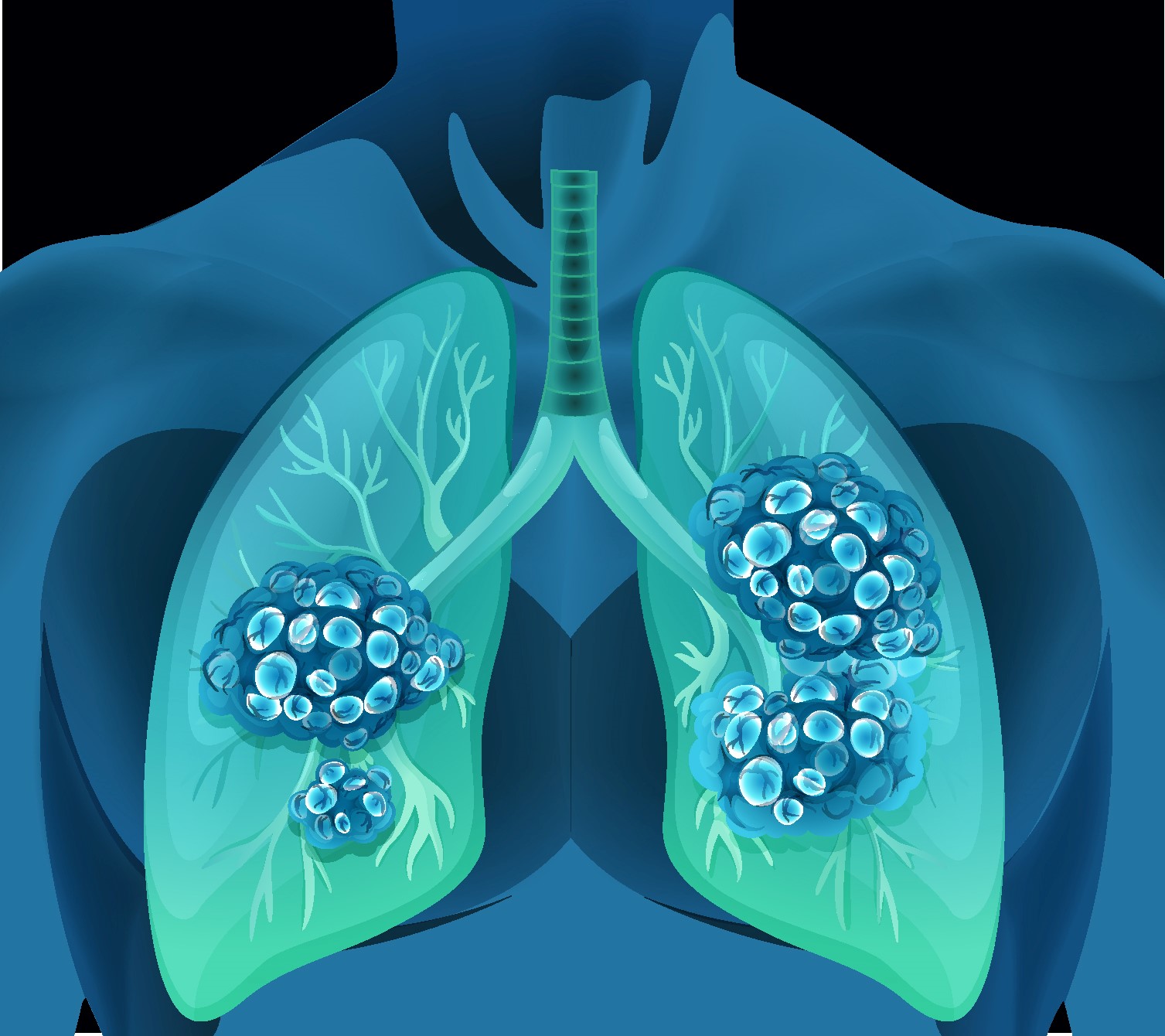Infection
Nontuberculous Mycobacterial Infections Increasing in General US Population
From 2010 to 2019, the annual incidence of nontuberculous mycobacteria infections in the US rose by 3.5% per year, representing a significant increase.
“Persons with cystic fibrosis are at high risk for pulmonary nontuberculous mycobacterial (NTM) disease,” Julia Marshall notes. “NTM lung disease is a chronic and difficult-to-treat illness, often requiring long courses of antibiotics. In a previous paper, our group found one in five persons with cystic fibrosis are affected by NTM over a 5-year period. Because NTM is so common in this population and presents complex clinical challenges for patient management, it was important to understand if the infection rate is increasing.”
The researchers also sought to determine the US regions in which these increases were occurring, and whether there were differences in the rate of new infections by species of NTM, she says.
For a study published in BMC Infectious Diseases, Marshall and colleagues examined data from the Cystic Fibrosis Foundation Patient Registry, which represents more than 90% of people with cystic fibrosis in the US, according to Marshall. The researchers determined which patients in the registry had been tested for NTM and how many new NTM infections occurred during the study period (2010-2019). They also estimated average annual NTM infection incidence by region and the annual percent change in incidence by region.
Geographic Region Influences Need for Suspicion of NTM
The researchers identified 3,771 incident NTM infections among patients in the cystic fibrosis registry. From 2010 to 2019, the annual incidence of total NTM pulmonary infections increased significantly in the US, by 3.5% per year, according to the study results. The average annual incidence of NTM pulmonary infections was 58.0 cases per 1,000 persons.
Of the 3,771 incident NTM infections identified, about half (48.2%) were Mycobacterium avium complex (MAC) infections and 25.5% were Mycobacterium abscessus infections.
In terms of regional variability, the Northeast had the greatest incidence of MAC infections (33.5/1,000 persons tested), while the South had the highest incidence of M abscessus infections (20.3/1,000 persons tested). By region, significant (P<0.05) annual increases were seen in the Northeast (annual percentage change [APC], 7.7%), the South (APC, 4.1%), and the Midwest (APC, 4.4%).
“NTM burden varies across geographic regions in the US (Figure),” Marshall says. “We found the incidence of MAC pulmonary infections significantly increased on a national scale, by 11% annually, and was likely driven by incidence in the Northeast.”
Florida and Hawaii are “hot spots” for NTM, she notes, while the Southeast has a high burden of M abscessus, and the Northeast has a high burden of MAC. “Clinicians in these areas should be particularly alert for suspected disease and take appropriate samples for acid-fast Bacilli cultures, in addition to chest radiographs or high-resolution CT.”
NTM Infections Ticking Up in General Population
The study results also indicated that the risk for NTM infections is likely increasing in the general population, according to Marshall. People at increased risk for NTM include women, people in older age groups, and those living in certain regions.
“These findings emphasize that clinicians should be aware of NTM and test patients when they suspect they could have NTM infections,” she says. “Even though persons with CF may currently be at reduced risk from NTM, our findings indicate that the risk from NTM is likely still increasing in the general population.”
The symptoms of NTM are variable and nonspecific, according to Marshall. “However, nearly all patients have chronic and recurrent cough. The minimum evaluation of a person with suspected NTM disease should include chest radiograph or high-resolution CT, the collection of three sputum samples for acid-fast Bacilli analysis, and exclusion of other diagnoses such as tuberculosis.”

